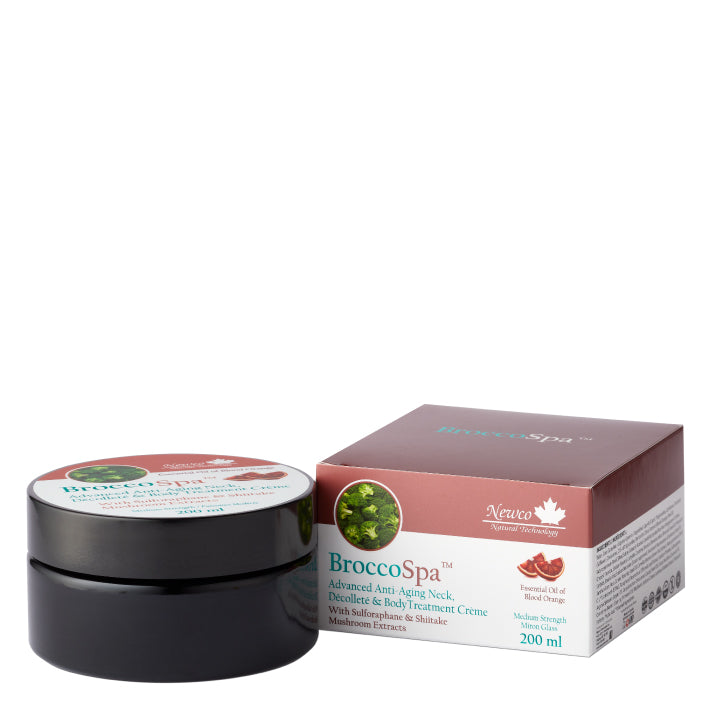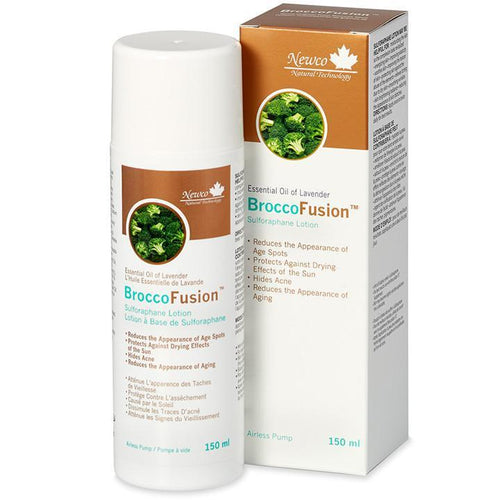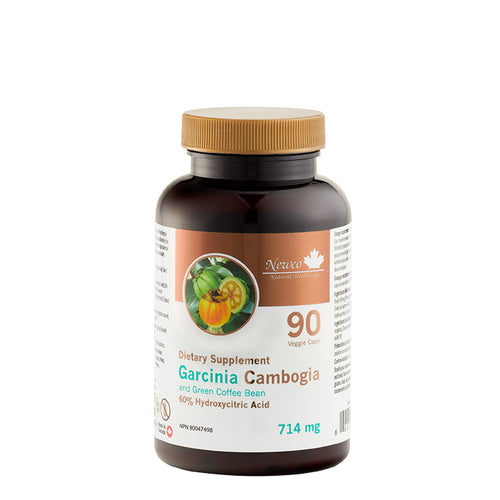Does seasonal affective disorder (SAD) really exist? The question over blues resulting from reduced levels of sunlight has become a hot one since a 2015 study in Clinical Psychological Science reported that “the idea of seasonal depression may be strongly rooted in folk psychology, but it is not supported by objective data.” Still, with an estimated 10 million Americans suffering from SAD, and with many feeling stressed by the demands of winter, it’s worth a look at the nutrients and therapies that may help keep your happy face on through spring.
Artificial Light
As Harvard University mental health expert Michael Craig Miller, MD, explains, bright light can help regulate circadian rhythms and stave off seasonal affective disorder by stimulating the retina cells that connect to the part of the brain that controls your body clock. So sitting in front of a therapeutic light box for 30 minutes a day may be just what you need to beat the winter blues.

Vitamin D
This one’s a no-brainer: The sunshine vitamin helps prevent and reverse damage wrought by darkness. In The British Journal of Psychiatry, a review of studies on D and depression found that “low vitamin D concentration is associated with depression,” while a separate 2014 report in Medical Hypotheses linked D specifically to SAD. “Vitamin D levels fluctuate in the body seasonally, in direct relation to seasonally available sunlight,” explained study author Alan Stewart. Since D helps the brain synthesize the feel-good chemicals dopamine and serotonin, we feel bad when we don’t get enough, at least 600 IU per day experts say.

Lavender & Clary Sage
These purple plants have plenty of uses for health and wellness, and staving off SAD symptoms may top the list. Korean researchers have found that salvia sclarea, or clary sage, has an antidepressant effect because of the way it helps regulate the pleasure-stimulating neurotransmitter dopamine. Moreover, a 2015 study in The Journal of Alternative and Complementary Medicine found that lavender improved sleep quality among sleep-deprived college students. Add four drops of lavender oil and three drops of clary sage oil to a warm bath before bedtime, or simply sniff a small jar before turning off the lights.

Sleep
If you have SAD, you may be missing the mark on how many Zs you’re really getting, according to researchers from the University of Pittsburgh and Ryerson University. As they report in The Journal of Affective Disorders, the depressive symptoms that accompany SAD trigger more time in bed, but not necessarily restful sleep. Their study discovered that those with SAD had “clinical sleep disturbance,” indicating their body clocks had been thrown off. Reset your circadian rhythm by practicing healthy sleep habits such as leaving screens out of the bedroom, especially at the onset of winter.

Melatonin
The National Institute of Mental Health gives melatonin the nod as a valid treatment for SAD, thanks to a Proceedings of the National Academy of Sciences study that tracked 68 people who suffered from it. After following their activity levels, sleep patterns, depressive symptoms and melatonin rhythms, the researchers found that those who took low doses of melatonin experienced relief from winter depression.

Omega-3 fatty Acids
If you’re fishing for yet another reason to add more salmon and sardines to your suppers, here’s one: In a CNS Neuroscience & Therapeutics review of three studies, omega-3 fatty acids proved to be more effective than a placebo in treating symptoms of depression. You can also warm up winter oatmeal with flaxseeds and walnuts, the two foods richest in omega-3 fats that are also fish-free.

Turkey
Bird is the word for holiday gatherings – and for a good sleep that contributes to staving off SAD, too. Turkey is an excellent source of the essential amino acid tryptophan. While it’s a myth that tryptophan itself makes you sleepy (health experts believe it’s actually the combination of the carbohydrates, alcohol and tryptophan-rich foods consumed at a festive meal that makes us drowsy), tryptophan has been shown to improve quality of sleep. Even better, a study published in The Journal of Nervous and Mental Disease showed that low doses of tryptophan can bring on better stage 4 (deep) REM sleep.
Written by Sarah Tuff Dunn for Clean Eating Magazine and legally licensed through the Matcha publisher network. Please direct all licensing questions to legal@getmatcha.com.





